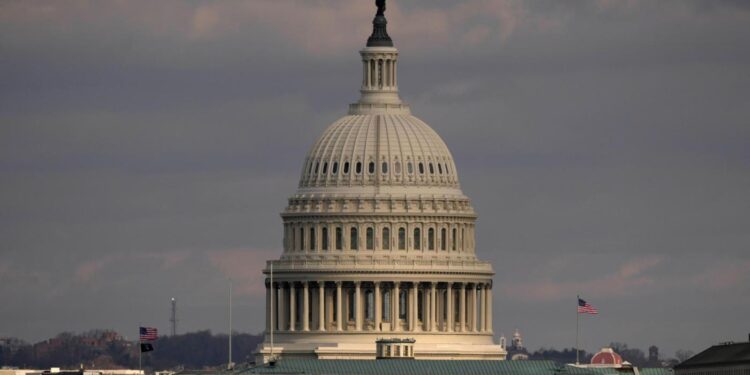
Less than 50 miles from Baltimore lies our nation’s capital, where a new Congress and administration have taken the reins. For much of last year, political campaigns dominated the headlines, with the economy taking center stage in debates. On both sides of the aisle, candidates pledged to reinvigorate our economy, lower costs and make our country more prosperous. Now that campaign season is over, it’s time for our newly elected leaders to fulfill those promises.
As a small-business owner in Baltimore, I have felt the strain of the economy over the last several years. Securing the capital necessary to grow my business has become more difficult while rising costs have made it harder and more expensive to manufacture my product here at home.
Small businesses like mine are often the underdog in our economy. Although we are key to creating jobs and building our communities, we often feel forgotten by policymakers in Washington. Earlier this month, Goldman Sachs’ 10,000 Small Businesses Voices and the Bipartisan Policy Center partnered to release a policy playbook that details a bipartisan, common-sense roadmap for Congress and other leaders in Washington to help small business owners get ahead.
A central theme of this playbook is access to capital. In recent years, as interest rates increased and banks tightened their balance sheets, securing loans or new lines of credit has become more challenging for small business owners like myself. Most entrepreneurs do not have the cash on hand to start or grow a business — this is particularly true in underserved communities like Baltimore. To ensure Main Street continues to flourish along with the broader economy, increasing access to affordable capital needs to be a top priority.
My business is one of the only African American-owned companies in Baltimore that both designs and manufactures its products locally. To ensure we can continue growing and serving our community, we need reliable access to capital. We currently have two brick-and-mortar stores as well as a production facility. However, we have outgrown our space and need more room — not only to expand our operations but to reinvest in our community by expanding initiatives like our “Live Where You Work” program, which aims to provide staff with affordable housing.
To continue growing, we also need to make more investments in manufacturing equipment. While some of our work is done by hand, we use high-end machinery to automate certain processes, speed up production and increase output. These machines can cost upward of $35,000, and many serve a single function but are essential to keep our business running.
Small manufacturing businesses usually have different — and higher — capital needs because of these types of necessary investments. Securing this kind of capital can be difficult, but policymakers can take steps to make it easier for small businesses to get the resources they need.
Small Business Investment Companies (SBICs) — privately owned investment firms that are licensed by the Small Business Administration — have a role to play. Congress should expand the scope of this program and incentivize SBICs to offer long-term financing to small manufacturers, particularly in underserved areas.
Access to capital is critical, but more can be done simultaneously to ease the costs and burdens that come with manufacturing products here at home. For example, the National Association of Manufacturers reported that in 2022, businesses with fewer than 50 employees incurred regulatory costs of $14,700 per employee, compared with $12,200 for companies with 100 or more employees.
Federal agencies already exist to help small businesses navigate and mitigate the regulatory burdens placed on small businesses. These entities need to be fully supported. For example, the SBA’s Office of Advocacy plays a big role in making sure small businesses are not held back by burdensome regulations. This office must be fully staffed to ensure small businesses can get the help they need. Additionally, streamlining tax codes and maintaining policies like Section 179 of the tax code — a provision allowing businesses to deduct the cost of certain business investments — remain critical to allow small businesses to flourish.
Ours is a hometown business through and through. We design, produce and sell our products right here in Baltimore, and we train and hire local talent to make it all happen. Businesses like mine are the backbone of Main Streets in every city, in every state across the country. As small, local business owners, we are not only striving to make a living but to make a difference in our community. This new Congress and administration have the opportunity to level the playing field for business owners like me, to reduce the barriers to capital, regulations and tax burdens that make it hard for us to grow. I am urging our new leaders to take the opportunity and help us reignite the American economy.
Dominick Davis is the senior art director at DIFFERENTREGARD, a small business in Baltimore.






